Support
Everyone responds differently to the disappearance of a loved one.
Taking care of yourself
The physical and mental impact can be just as debilitating as the emotional. Everyone will tell you to make sure you take care of yourself – much easier said than done when there is so much to do, but it is very important that you maintain your health. Do whatever it takes to get sleep, eat well, indulge in distractions and accept support from family and friends.
Counselling
There is no right or wrong way to grieve or cope, and some will take longer than others to adjust to the situation. Ambiguous loss is thought to be one of the most stressful types of loss, but there is support available. Dr Sarah Wayland is one of the only counsellors in Australia that understands the issues specific to missing persons. Through The Missed Foundation, she has trained a growing number of social work professionals in this field. Let us know if you would like a referral to an ambiguous loss specialist. Dr Wayland is also the author of ‘A Glimmer of Hope’ — stories from family members of missing Australians. See: Dr Sarah Wayland
It is easy to burn out when the search for your loved one becomes extended. The Families and Friends of Missing Persons Service (FFMPS) is a NSW government-funded service that offers a range of support to those directly affected by the disappearance of a loved one. Although established for the people of NSW, the FFMPS offer support to all Australians where possible. See: Families and Friends of Missing Persons Service
When someone goes missing, it’s often assumed that children are too young to understand. A recent publication by and for young people offers insight into how missingness impacts young people. See: In the Loop


 Copyright 2025 All rights reserved
Copyright 2025 All rights reserved